Breaking Taboos: Teachers Lead Kelantan's Sexuality Education Revolution
As the school bell rings in SK Kandis, a teacher heads to her next class, carrying a child-sized mannequin. It is a curious sight but for Cikgu Yusliza binti Kamarudin, it is just another day teaching Physical and Health Education.
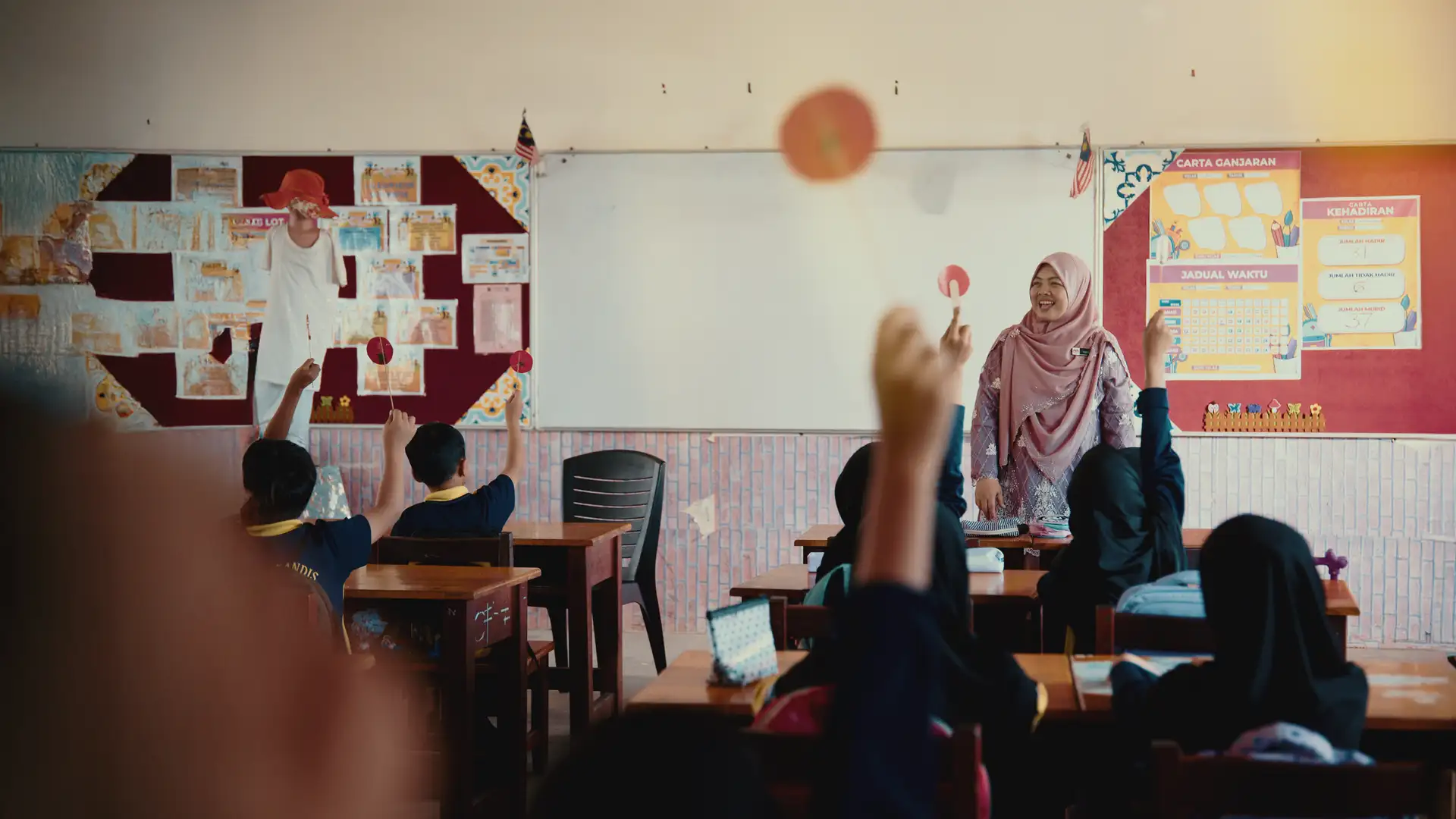
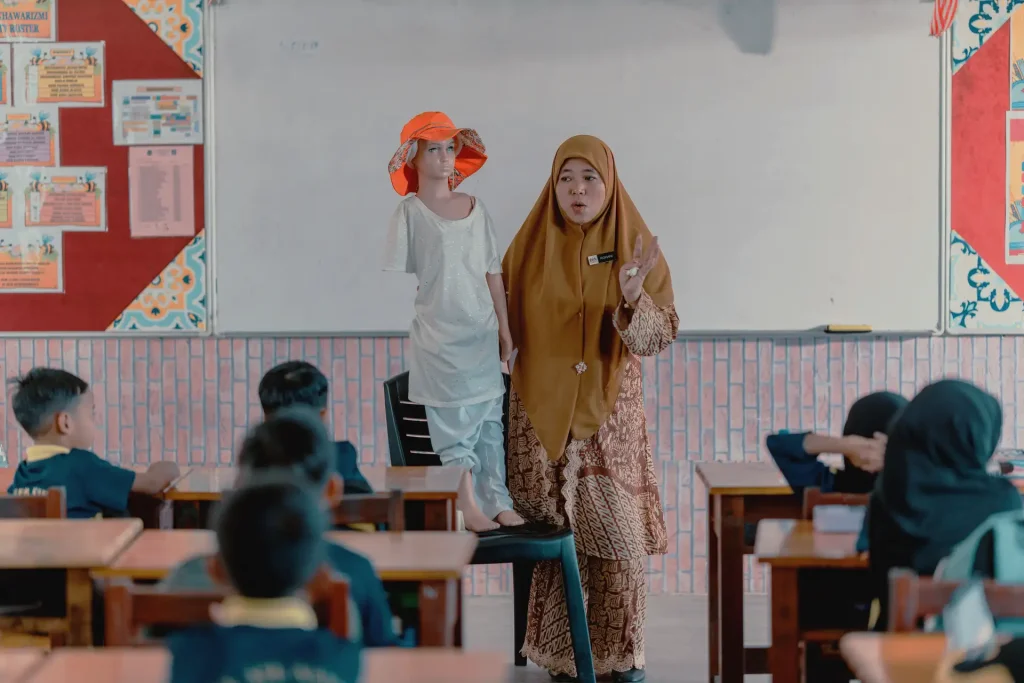
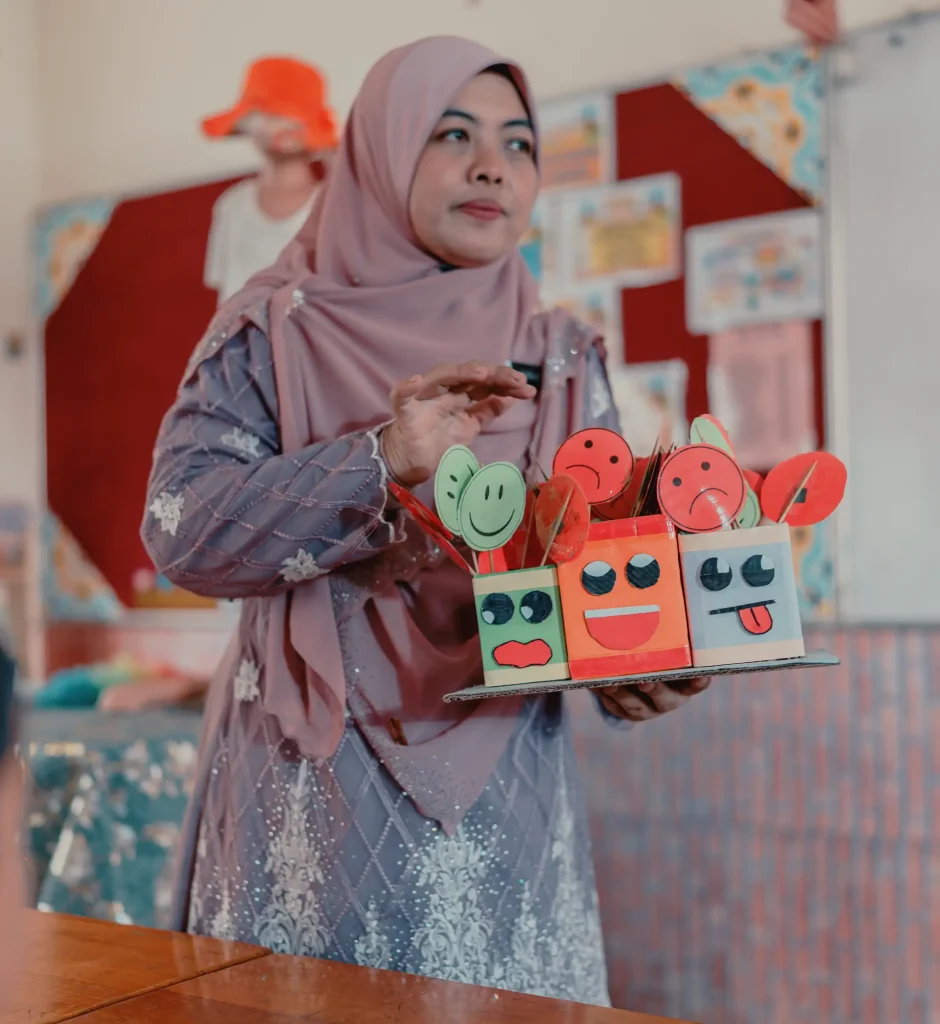
Today’s lesson isn’t about sports drills or stretches. Instead, it’s about learning boundaries, safety, and trust.
This is Cikgu Yusliza’s unique approach to sexual and reproductive health education. As she points to different parts of a mannequin at the front of the classroom, her students raise red cards to signal “bad touch” and green cards for “good touch.”
Just a year ago, these topics were met with silence or stifled giggles. Today, her students engage with focus and confidence.
The mannequin is Cikgu Yusliza and Cikgu Rohani binti Rajab’s brainchild — an idea sparked by their participation in the in the Strengthening Teachers’ Capacity on Delivering of Comprehensive Sexuality Education (CSE) programme in Kelantan, conducted by the Reproductive Health Association of Kelantan (ReHAK), a recipient of the Hasanah Special Grant supported by the Ministry of Finance.
Children Must be Heard
The urgent need for age-appropriate education on bodily autonomy, personal safety, and consent is undeniable. According to the Children Statistics Malaysia 2024 report, 2023 recorded a 26.5% increase in reported cases of sexual offences involving children to the Royal Malaysia Police.
ReHAK is also deeply concerned by findings from the Adolescents Health Survey 2022, which revealed that the prevalence of sexual intercourse among adolescents in Kelantan (7.3%) is higher than the national average of 5.7%.
“Teachers are the adults closest to students, as they spend a significant amount of time in schools. We believe their role is critical in a child’s development. The classroom should be a safe space for students to learn and express their views,” explains ReHAK State Manager, Tengku Nur Fadzilah Tengku Hassan, highlighting the rationale behind empowering educators.
In its initial phase, the programme reached 53 schools in the Bachok district. From there, four primary and four secondary schools were selected for deeper engagement — chosen based on the strong commitment demonstrated by their teachers, principals, and parent-teacher associations.
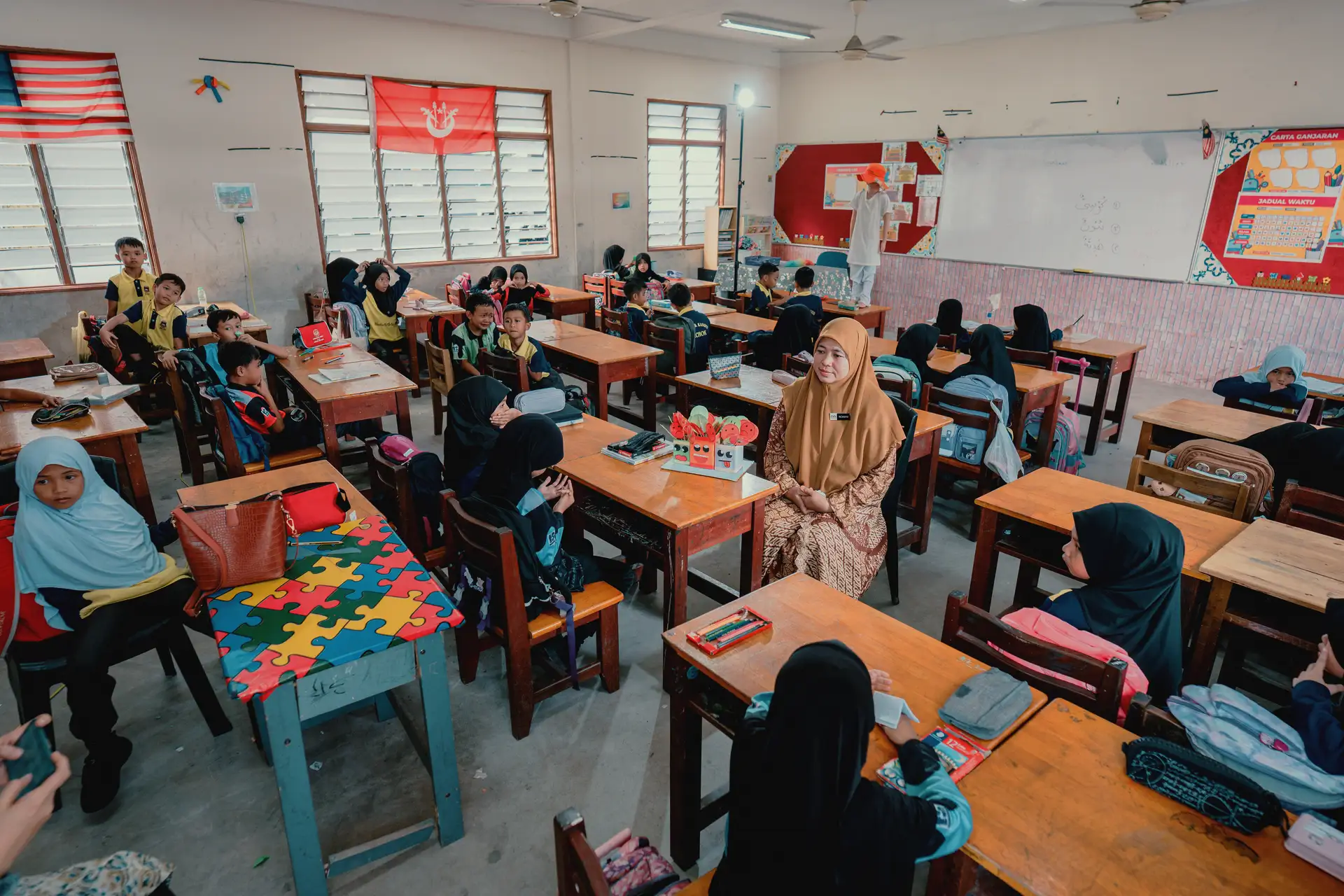
Teachers are the adults closest to students, as they spend a significant amount of time in schools. We believe their role is critical in a child’s development. The classroom should be a safe space for students to learn and express their views,”
ReHAK State Manager, Tengku Nur Fadzilah Tengku Hassan
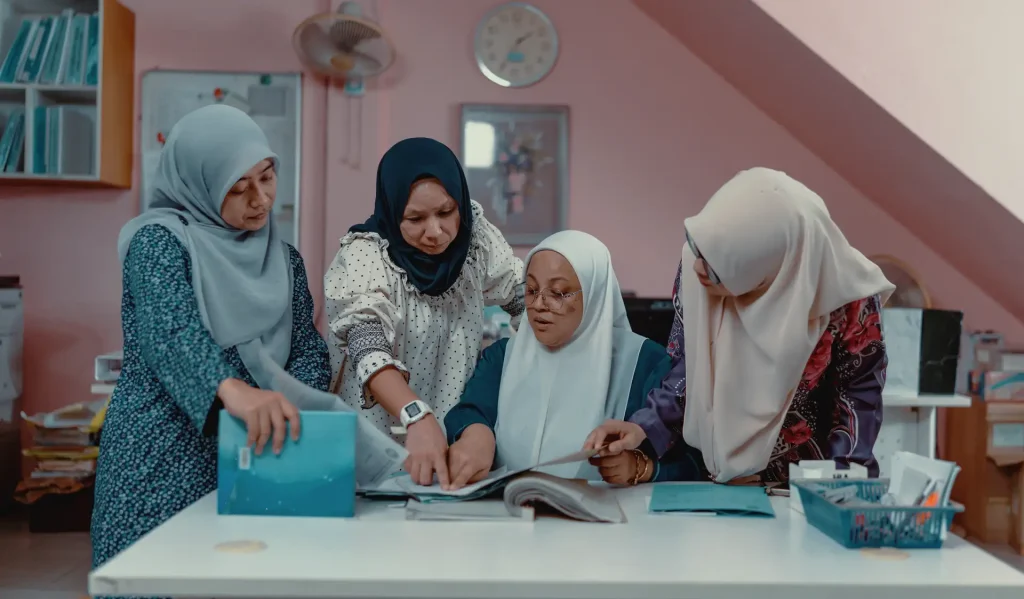
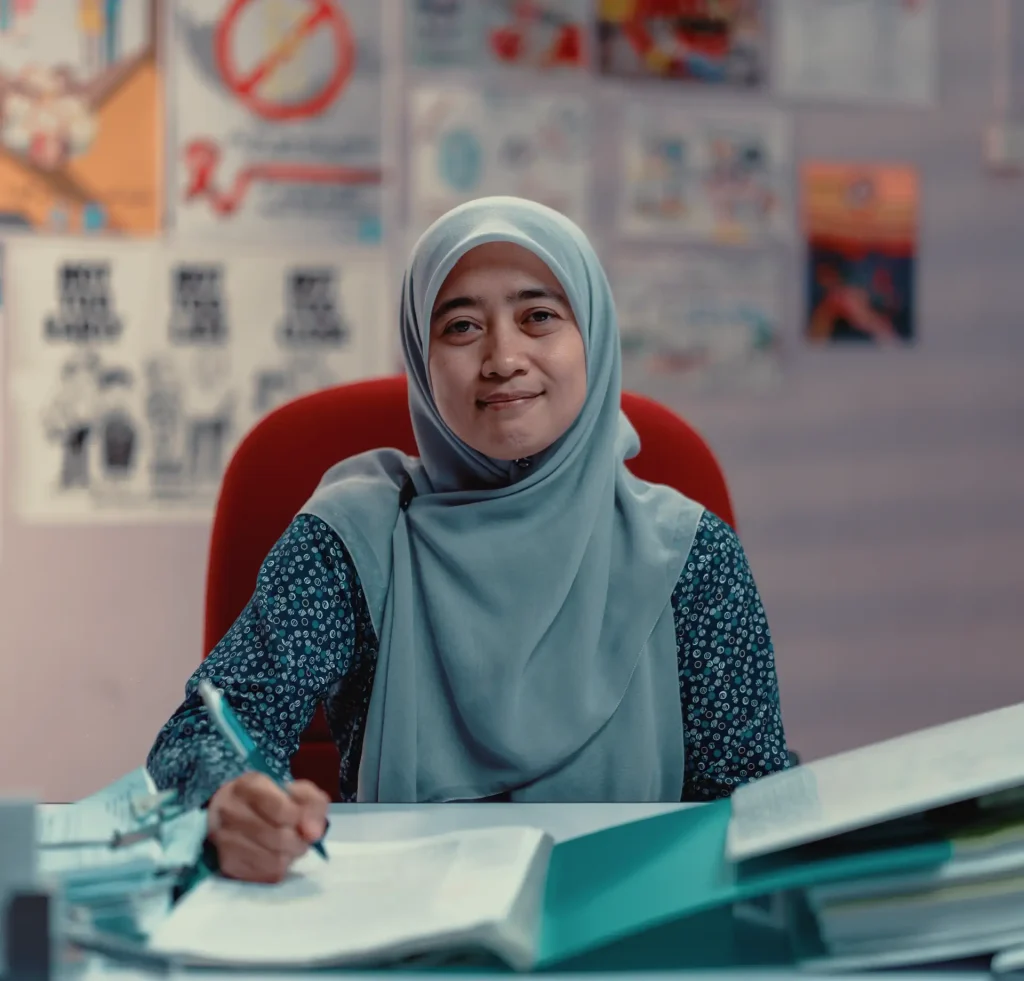
ReHAK, as it came to be known in 2008, was originally established in 1957 as the Kelantan Family Planning Association (KFPA).
A significant global shift occurred in 1994 during the International Conference on Population and Development (ICPD) in Cairo, which championed a human rights-based approach to population and development — placing sexual and reproductive health at the centre. KFPA was among the 11,000 attendees, including government representatives, NGOs, international agencies, and citizen activists.
That same year, Malaysia expanded its sexuality education efforts. Initially introduced in 1989 as part of the Health Education Curriculum in secondary schools, the programme was extended to primary schools in 1994. Over time, it evolved into what is now known as Reproductive Health and Social Education, or Pendidikan Kesihatan Reproduktif dan Sosial (PEERS). Despite this progress, sexuality education remains a deeply taboo topic in Malaysian society.
Addressing some of the common misconceptions, ReHAK State Manager Tengku Nur Fadzilah Tengku Hassan, who holds a Master of Science in Women’s Health from Universiti Sains Malaysia, explains:
“The term ‘sexuality’ often carries a negative connotation; many assume that CSE means teaching students how to have sex. In reality, it’s about equipping them with knowledge, values, and skills to make informed and respectful decisions about their bodies and relationships.”
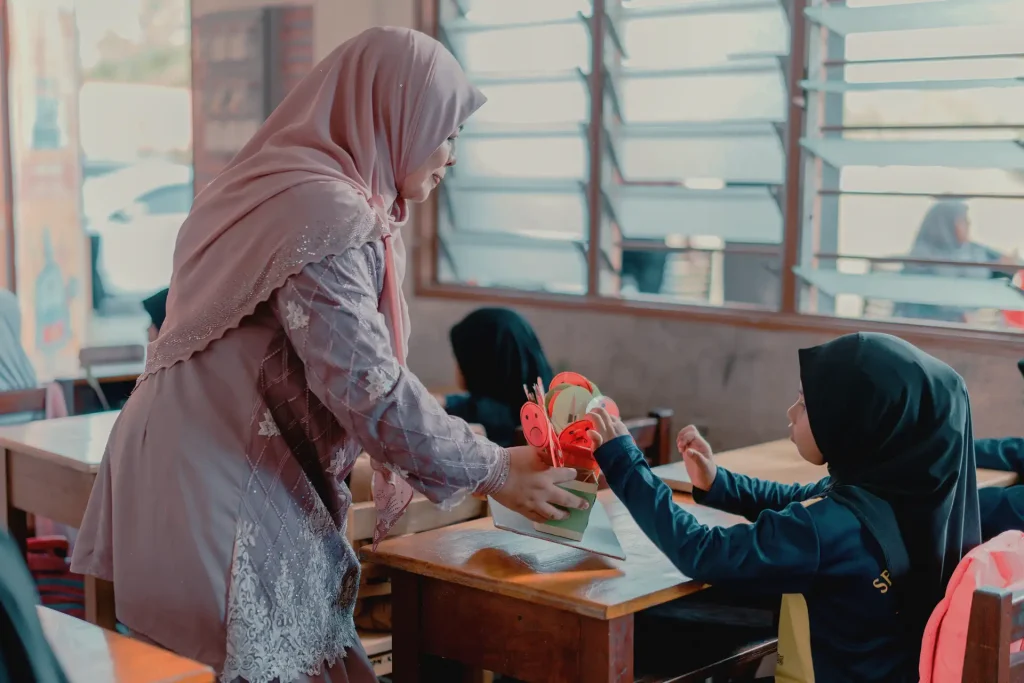
Driving Change from Classrooms
Cikgu Rohani highlights some of the challenges teachers face. With only 30 minutes allocated per class, she notes, “Teachers have to be creative — especially in classrooms with low literacy levels.” Adding to the difficulty, sexuality education is a non-examinable subject and is often perceived by parents as less important.
To engage her students, Cikgu Rohani incorporates a song she wrote herself, uses visual aids, and encourages open, two-way conversations. These creative efforts, along with the dedication of fellow educators like Cikgu Yusliza, are slowly bearing fruit.
“Initially, they were shy to ask questions,” shares Cikgu Yusliza, who has been teaching the module since 2021. “But now the students understand CSE better. They’re more open to asking questions — not just in class, but even to their parents.”
Progress, however, didn’t come easily. At the outset, many parents were apprehensive, worried that their children would be encouraged toward promiscuity. ReHAK has worked patiently to shift this mindset — explaining the components of Comprehensive Sexuality Education (CSE) to community members and highlighting how knowledge and awareness can help deter risky behaviour among adolescents.
“Over time, they realised their children aren’t being exposed to anything harmful,” says ReHAK State Manager Tengku Nur Fadzilah. “They’re learning about the consequences of sexual behaviour, about consent.” While some scepticism remains, many now recognise that CSE is about safety, boundaries, and respect — for oneself and for others.
Though the formal programme has ended, ReHAK continues to receive invitations from schools and communities to conduct awareness sessions — a clear sign, in Tengku’s eyes, that resistance is beginning to soften.
Most importantly, change is taking root: in the questions students are finally asking, and in the educators creating space for those conversations to happen.
Change may have started in the classroom — but it cannot end there. It must ripple into homes and communities, until safety, consent, and respect become the foundation of how we raise and protect every child.
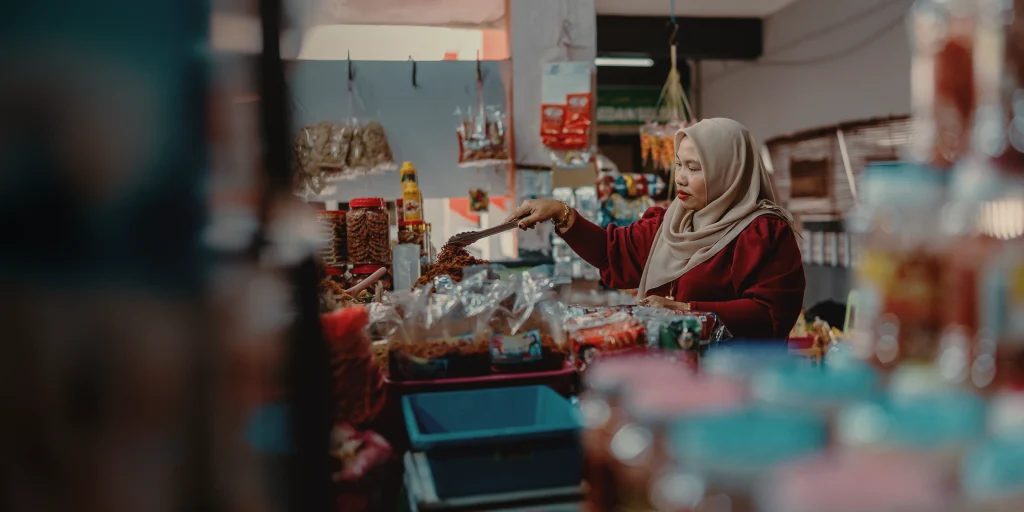
Breaking Tradition: Pasar Besar Siti Khadijah’s Digital Revolution
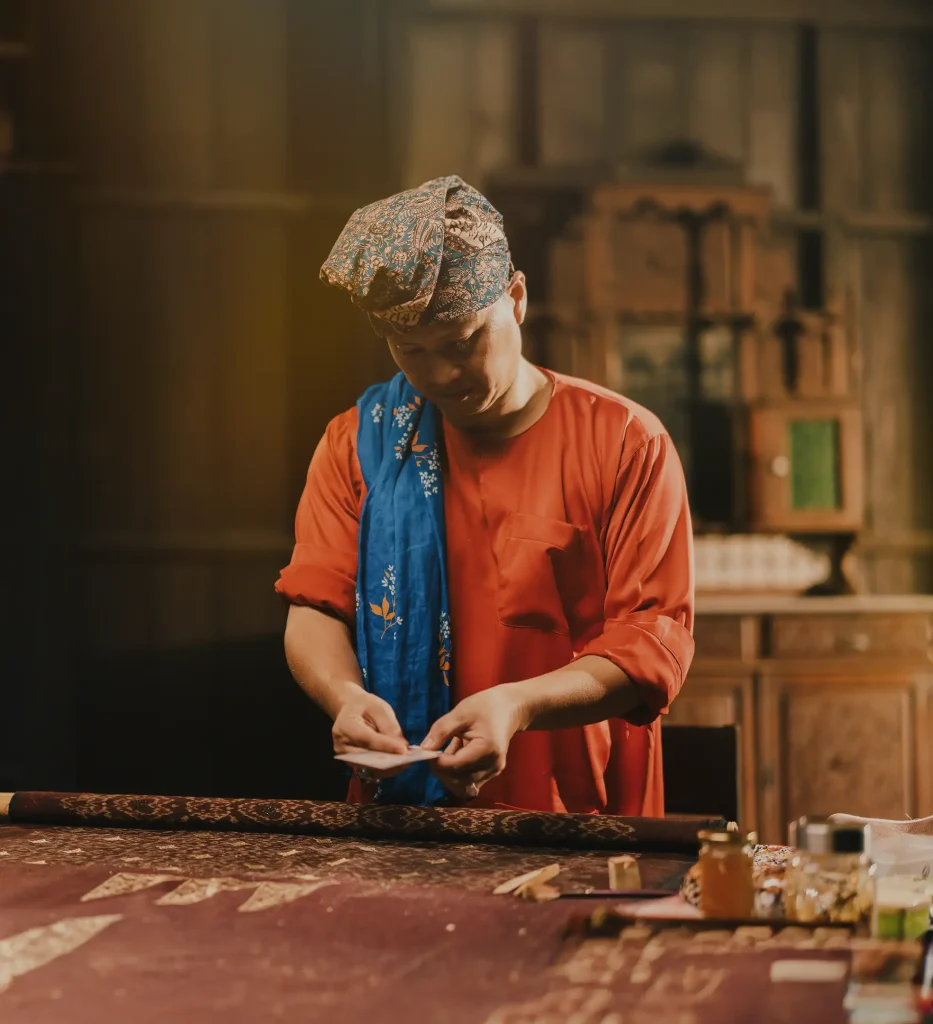
Weaving a Golden Legacy: The Revival of Telepuk in Terengganu
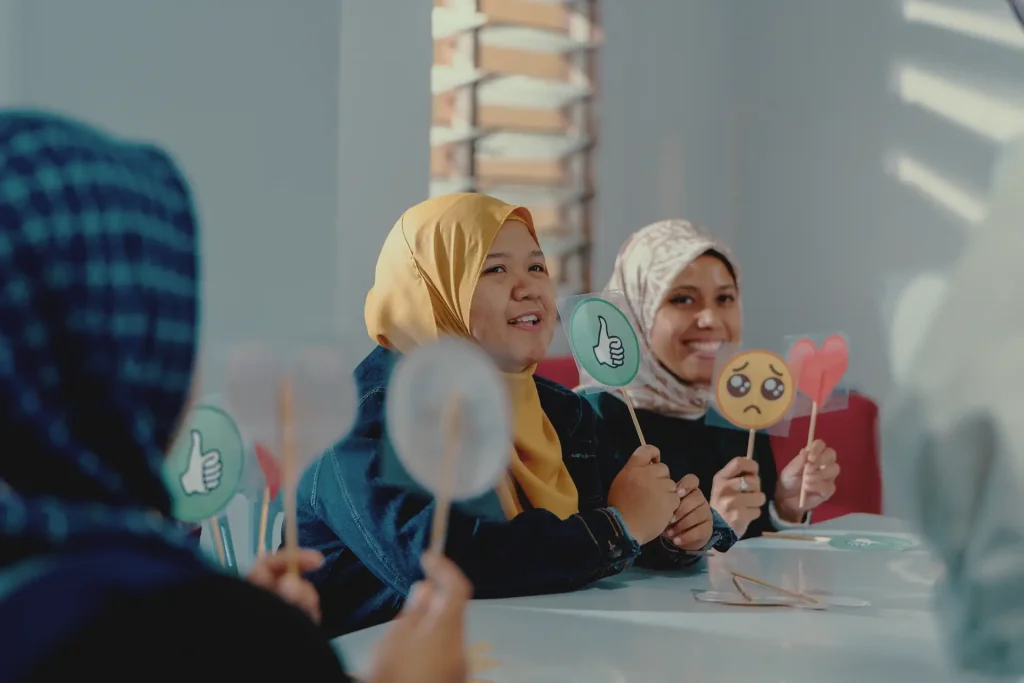
Mental Health Warriors of PPR Batu Muda
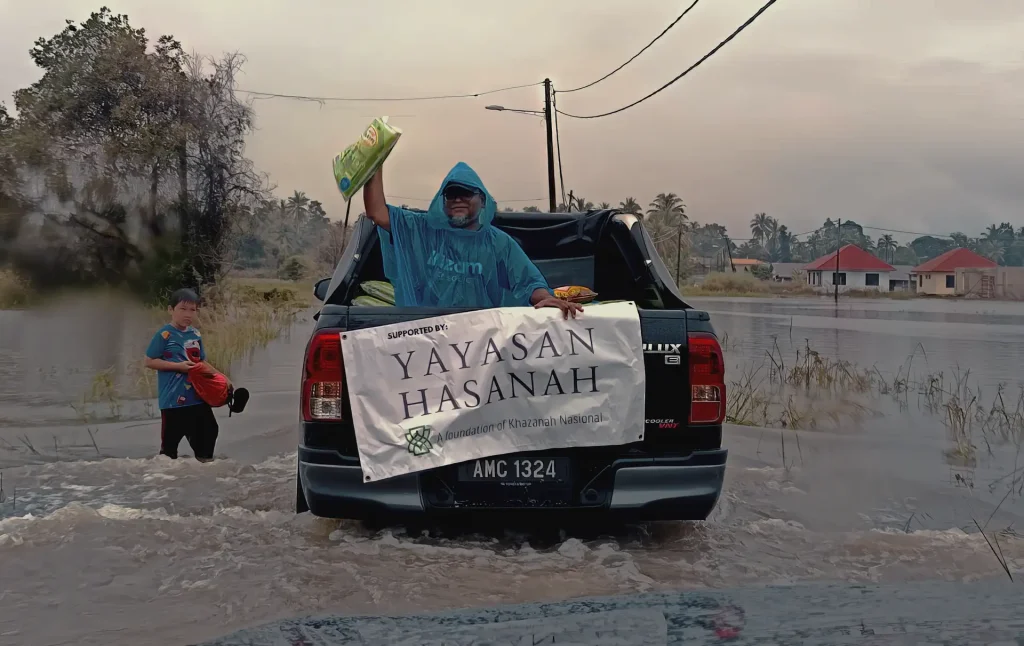
Everyday Heroes: The Malaysians Who Show Up in Times of Crisis

Breaking Taboos: Teachers Lead Kelantan’s Sexuality Education Revolution
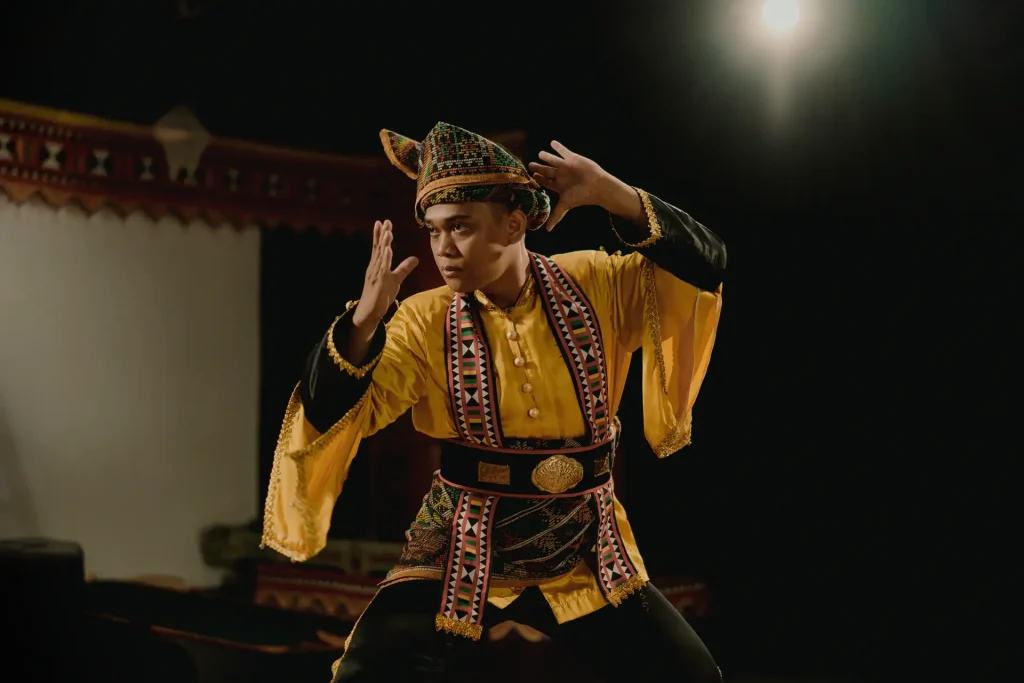
Keeping A Traditional Dance Alive: An Homage to Kuda Pacu
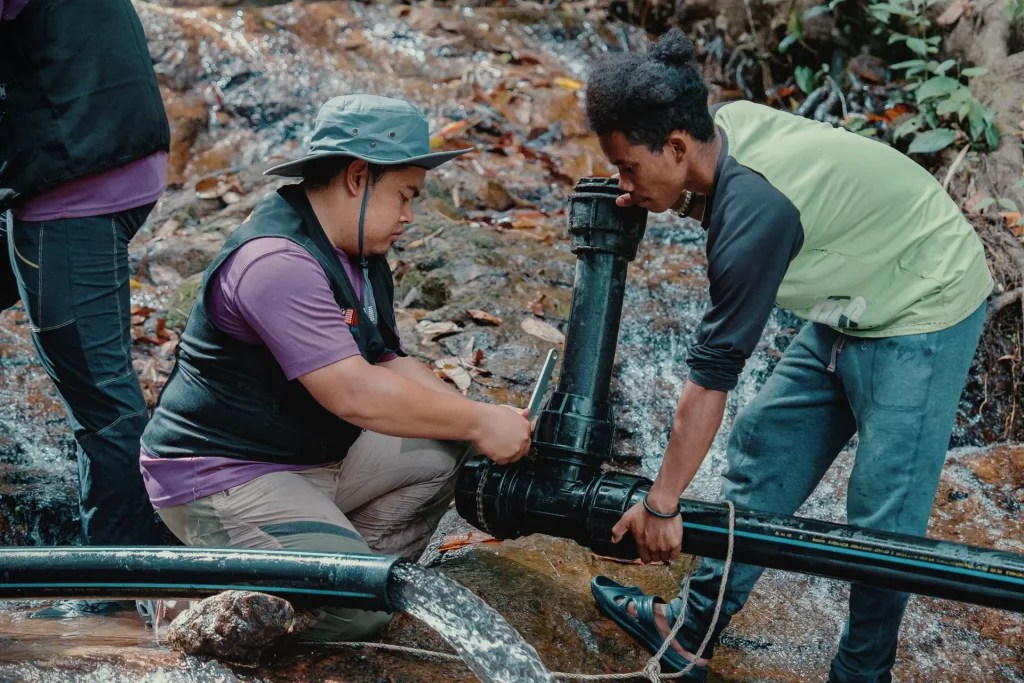
Darkness to Light: Water Access and Solar Power Transforms Perak’s Village
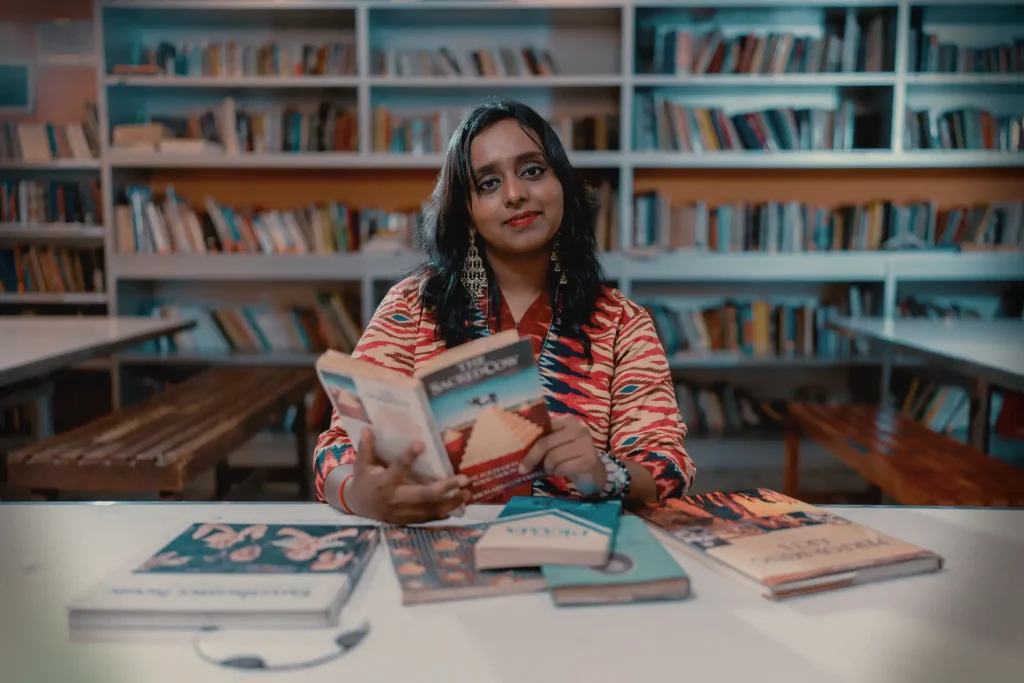
Abbernaa: From Classical Dance to Policy Research
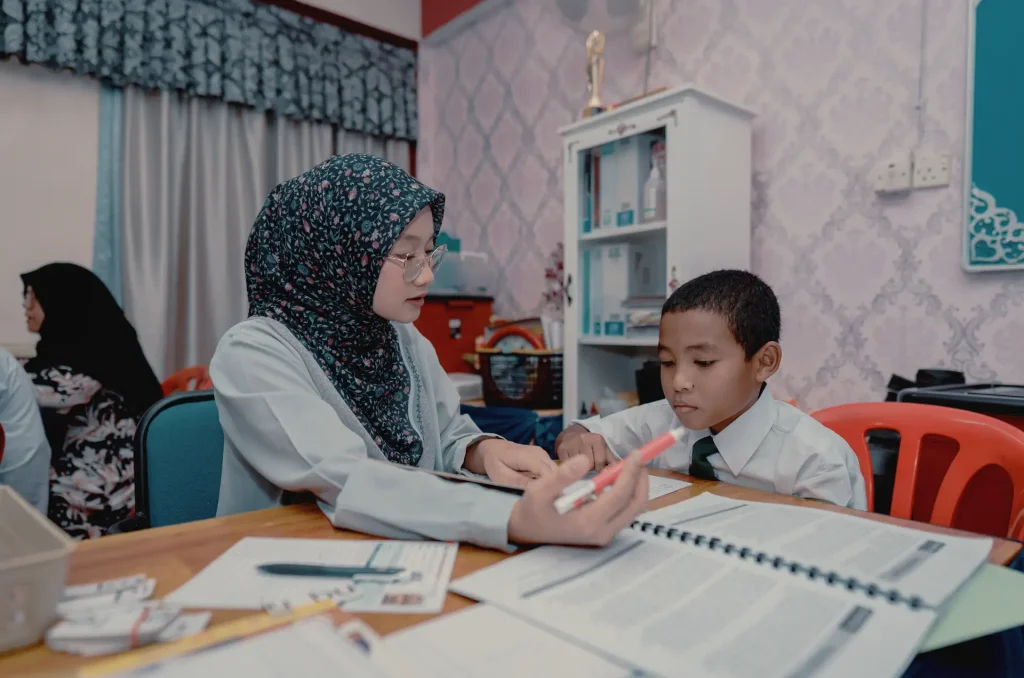
JomBaca: Driving Learning Recovery, Reigniting Dreams for Our Children
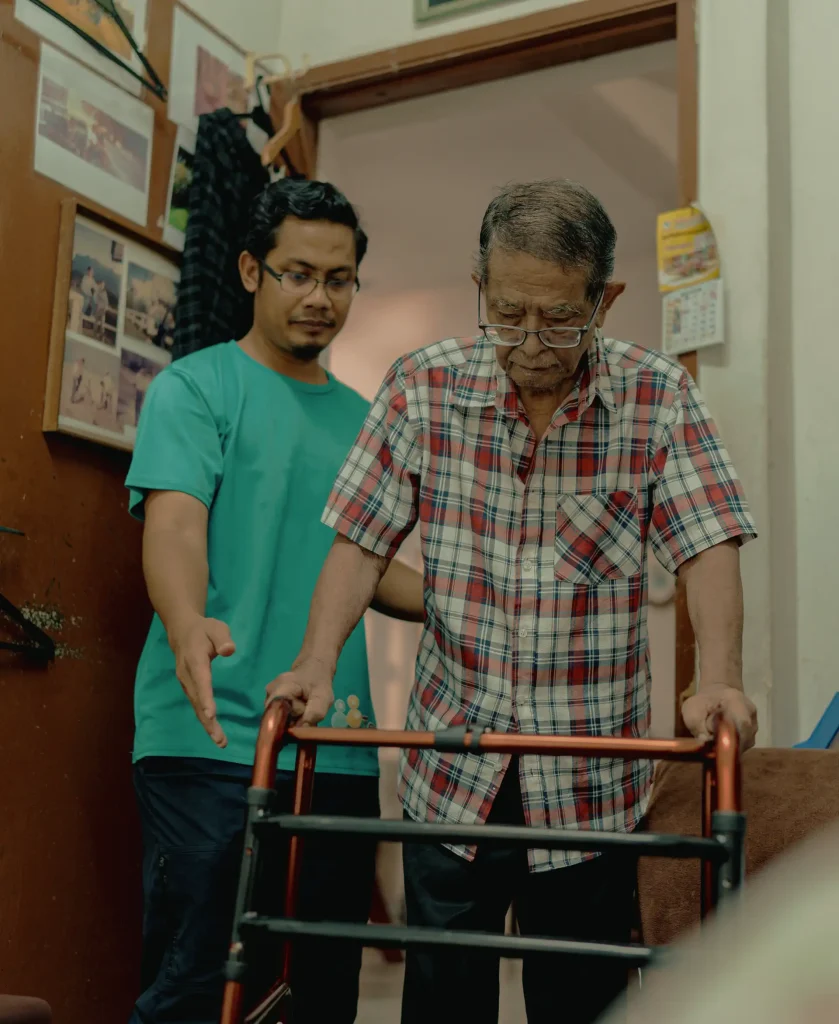
Teman: Fighting Loneliness in an Aging Malaysia
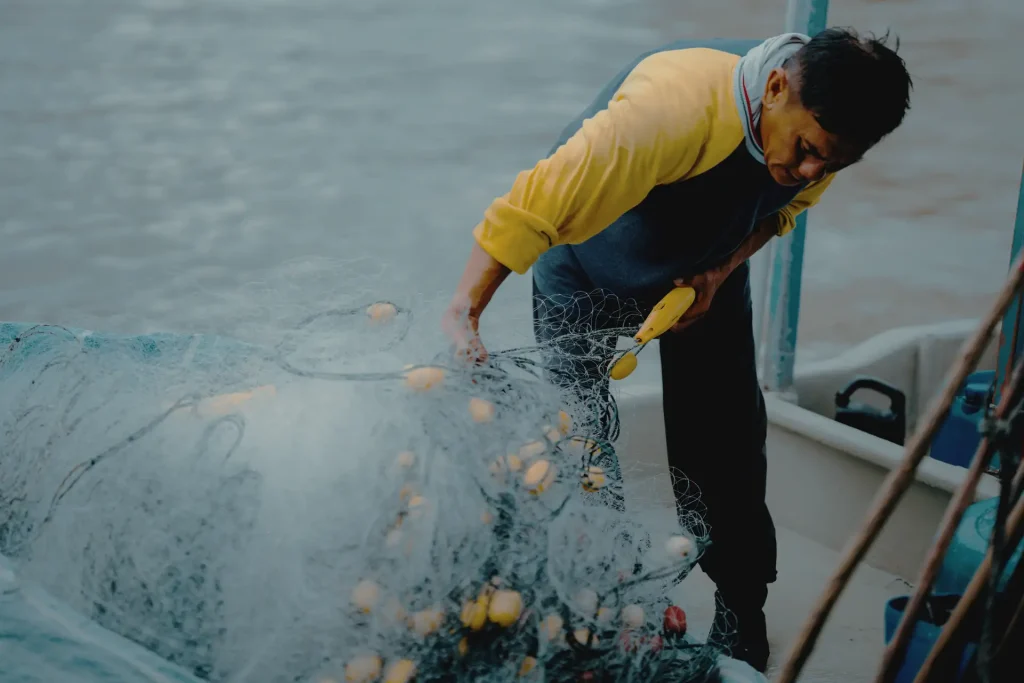
Net Positive: Fishers Protecting Marine Mammals
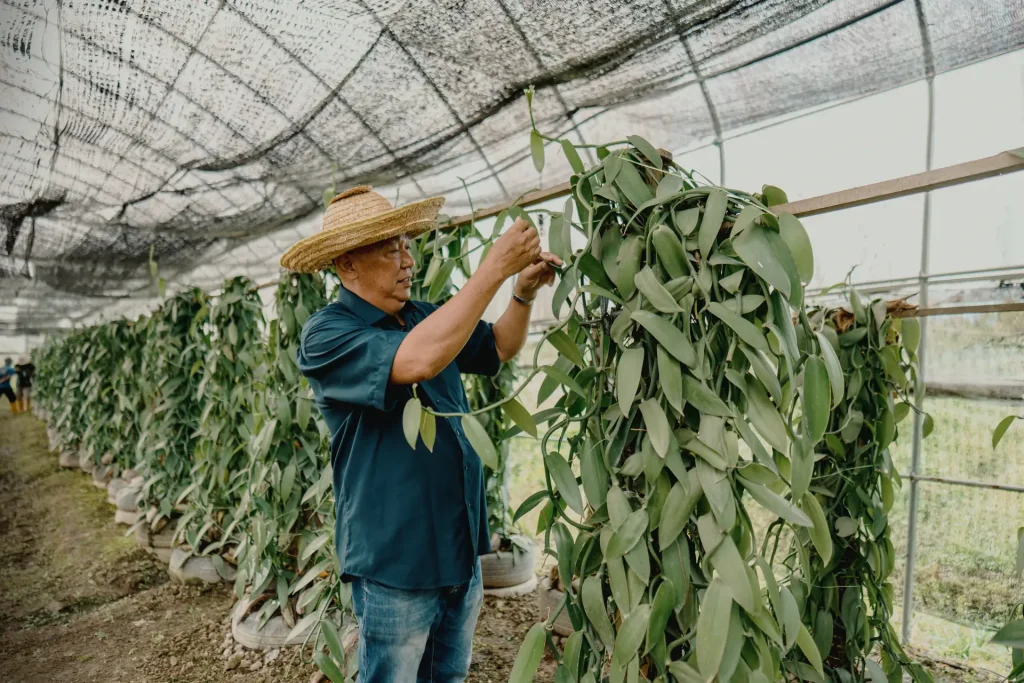
Vanilla Impact: Uncle Alfred’s Mission in Reviving Spice

The Mission to Save our Bornean Sun Bear